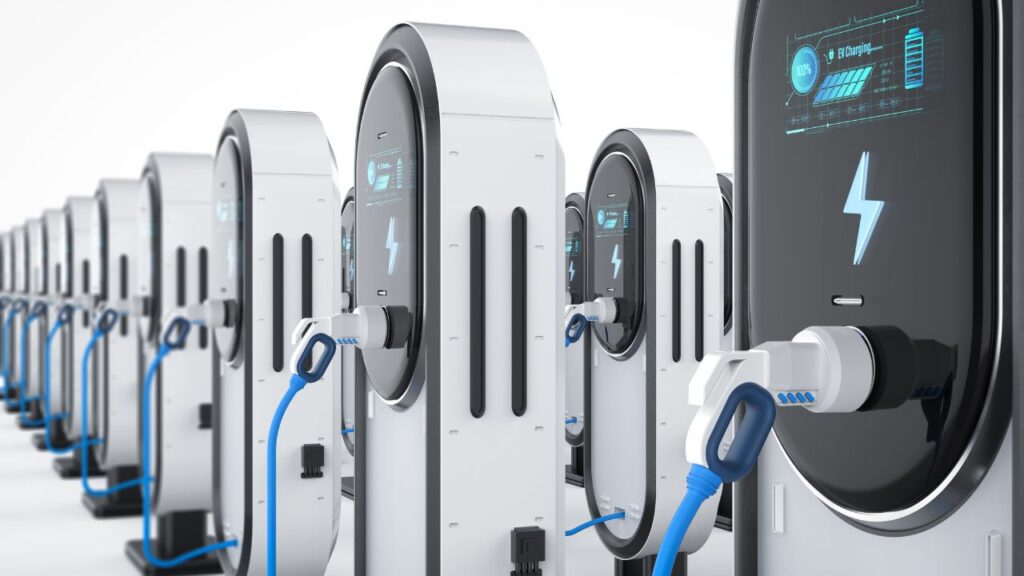The Anusandhan National Research Foundation (ANRF) on Monday unveiled seven high-impact research nodes, referred to as e-Nodes, under its Mission for Advancement of High-impact Areas on Electric Vehicles (MAHA-EV).
The initiative is aimed at addressing key technological challenges and enhancing India’s leadership in sustainable electric mobility. The selected institutions include premier research hubs across the country, underscoring the mission’s national scale and ambition.
Leading Institutions Selected as e-Nodes
The seven institutions selected for the high-impact e-Nodes are:
- Indian Institute of Technology (IIT) Bombay
- International Advanced Research Centre for Powder Metallurgy and New Materials (ARCI), Hyderabad
- National Institute of Technology (NIT) Surathkal
- IIT Kanpur
- IIT-Banaras Hindu University (BHU)
- CSIR – Central Electronics Engineering Research Institute (CEERI), Pilani
- IIT Kharagpur
These nodes were chosen from among 227 proposals received from academic institutions, R&D labs, and industry stakeholders.
Focus Areas: Batteries, Power Electronics, and Charging Infrastructure
According to the Ministry of Science and Technology, the MAHA-EV initiative centers on three key Technological Verticals (TVs):
- TV-I: Tropical EV Battery and Battery Cells
- TV-II: Power Electronics, Machines, and Drives (PEMD)
- TV-III: EV Charging Infrastructure
Among the seven selected nodes, two will work on tropical battery technologies, three on power electronics, and two on charging infrastructure.
Industry-Academia Collaboration at Core
Each e-Node will operate in consortia mode, involving collaborations between academic institutions, R&D labs, and mandatory participation from industry. This structure aims to ensure real-world relevance, scalability, and industrial adoption of the innovations developed under the program.
MAHA-EV Mission to Drive Self-Reliance and Innovation
The MAHA-EV mission aligns with the national vision of self-reliance (Atmanirbhar Bharat) and sustainability. It aims to catalyse technological breakthroughs in electric mobility through deep research, strategic partnerships, and indigenous development of core EV components.
The mission is a part of ANRF’s broader plan to create high-impact, long-term research platforms that support critical sectors of India’s economy and environment.
ANRF Launching New Innovation Platforms
In parallel, ANRF is gearing up to launch several other transformative programs:
- “Small Business Deep Tech Innovation” programme to empower startups and MSMEs in scaling technologies inspired by global best practices.
- “Cloud of Research and Innovation Infrastructure” to provide shared access to underutilized R&D equipment across institutions.
- “AI-for-Science” initiative, focused on using artificial intelligence to model complex equations in physics, chemistry, and biology—potentially transforming the pace of scientific discovery.

